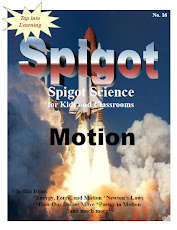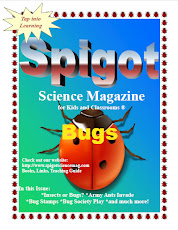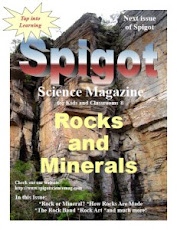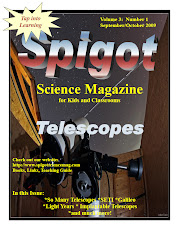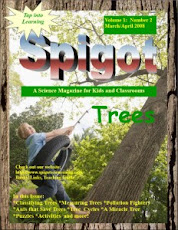Nomad Press has once again put together a fantastic book, this one is all about the Wild West.
Let's explore what you can expect to find;
Introduction ~ Begin the exciting journey
Chapter One ~ Where Was the Wild West - Location, location, location
Chapter Two ~ Gold Rush Miners - Learn who they were and what all the fuss was about
Chapter Three ~ Moving West - Why so many people headed west
Chapter Four - Pioneer Life - Food, clothing and what it took to be a pioneer
Chapter Five - Frontier Towns and Lawmen - Yes there was towns and a police-force to protect them
Chapter Six - Native People in the West - The first people to live there
Chapter Seven - Cowboys - Yippee Kiyha! Learn about these western-wonders
Each chapter of "Explore the Wild West" has "Words to Know" to help your child expand his vocabulary, "Did You Know" that gives interesting facts, and of course, great projects that can be done with ordinary, household items. In fact there's 25 projects, like "Make Your Own Panning for Gold Tray" (pg. 19) and "Make Your Own Mini Quilt" (pg. 48), plus 23 more fun and educational projects
Check out, Explore the Wild West and other Nomad Explore titles here. This book is perfect for kids 6-9.
Want to win a copy of, Explore the Wild West? Leave me a comment in this blog post. I will do a random draw on Sunday August 26th for one lucky winner. Good Luck!

When a child is young and impressionable it is the best time to instill a love for science. Their curiousity about the world around them allows them to soak up knowledge quickly and inspires them to want to learn more. This young age is a perfect time to start encouraging a child's interest in all things scientific. Teaching Science doesn't need to be expensive. Combining activities and supplies with promo codes is a great way to save money at the same time encouraging a love for science.
Organization Involvement
It's no fun to learn about science alone. Getting your child involved in organizations like the Scouts and 4H will help them to meet other children that share their love for all things science. Together they will be able to explore experiments and learn outside of the classroom.
Explore
Children love to explore. Whether it's the woods or the basement, mysteries intrigue them, and science is no different. For example, help them research how roller coasters work or how to build a computer. Activities like this not only help them to use their creative minds but give them the foundation to build on as well.
Take a Trip
Not only is this something the entire family can do together, it's also a great way to teach. Take a trip to a science museum, tour the zoo, planetarium or the local aquarium to get your child interested in science and the way things work.
Take a Nature Walk
Communing with nature is a good way to get children interested in plants and animals. Even a day out at the park can teach kids the way that nature works without them even knowing they are learning.
Activities at Home

Some of the best ways to encourage a child's interest in science begin at home. Nothing is more fun to a child than doing projects with their parents. Start with simple Play-Doh creations and work your way up to volcanos and things that use electricity as your child advances. Always make sure that you prepare things ahead of time and don't worry about the mess. Children love to make a mess without having to worry about the cleanup!
Toys are a concrete way to spark an interest in science and keep it going. The hands on approach has worked with children for decades to help them learn any matter of subjects. Science toys can help them to learn about astronomy, biology, chemistry, and physics even as the subjects get harder to understand. Some toys used to keep their interest are microscopes, simple chemistry kits, and telescopes. These items have fascinated children for years and they never grow tired of learning with them.
Following the tips above will help you foster a love for learning in your child while they are at their most willing to learn. The fact remains that learning starts in the home, and the more you are willing to be a part of your children's love for science, the more they will be willing to explore and learn.
About the Author:
Susan Dickson is a freelance writer who specializes in parenting and relationship articles. She is working on her first book in young adult fiction.
Just in time for another fabulous school year, Spigot is getting a whole new look coming later this month. It's the same great publication for science, only better.
Check us out on the web at; www.spigotscience.com




















